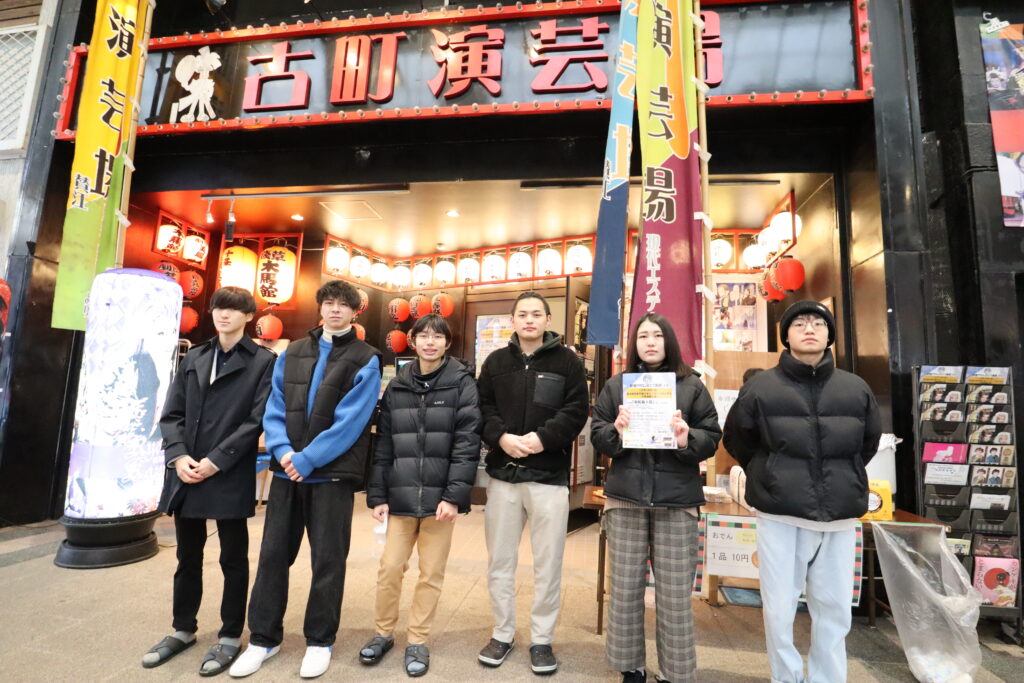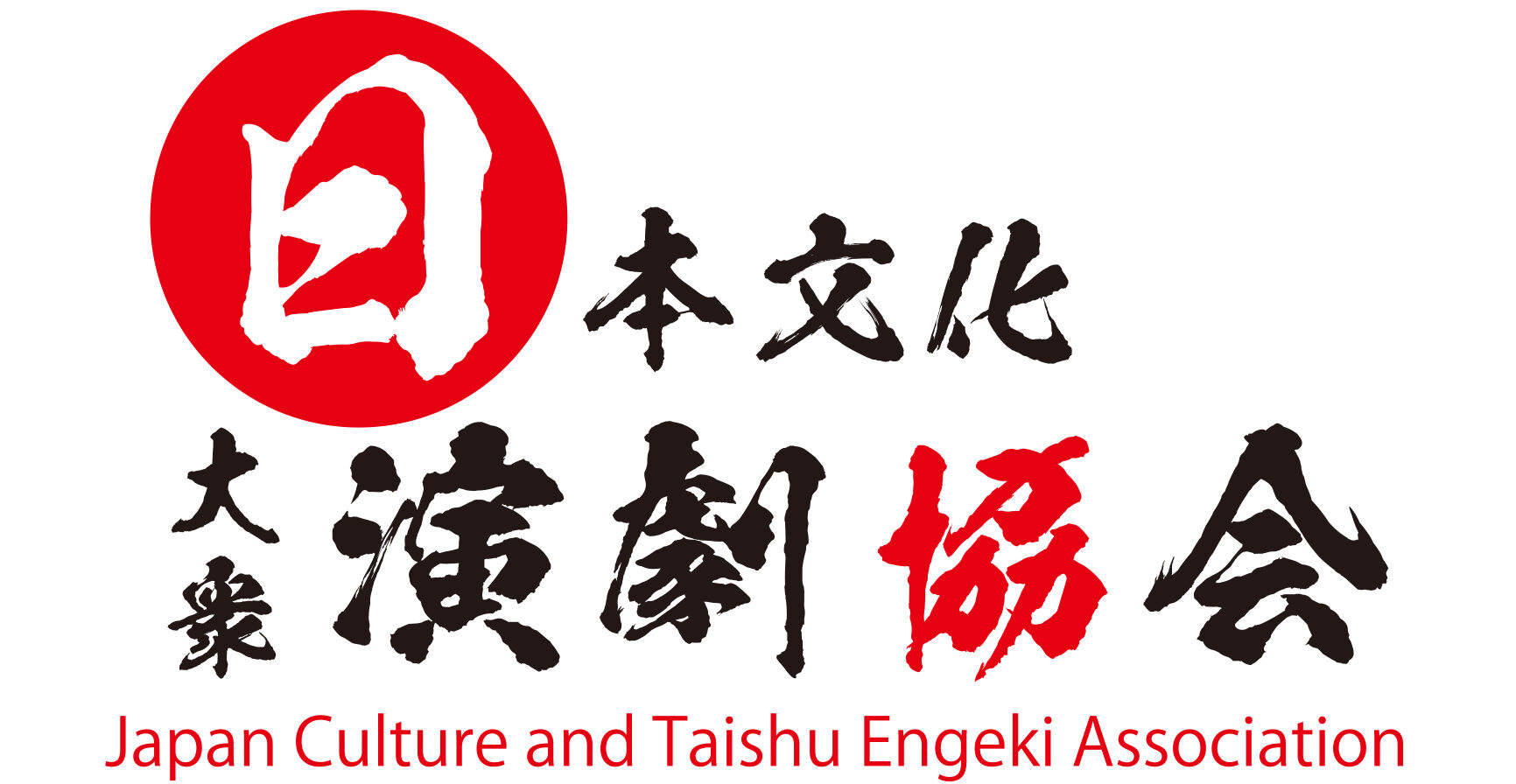18 Decmber 2022
JCTEA planned a Taishu Engeki performance by inviting Kaishi Professional University (Niigata) interns.

JCTEA planned a Taishu Engeki performance by inviting Kaishi Professional University (Niigata) interns.
“Meiwa Gijin-den (the story of a righteous man of the Meiwa era)”
Script in collaboration with Kazunori Watanabe. The play was based on a real story about a riot in Niigata during the Meiwa era.
In 1768, the townspeople resisted the clan administration in Niigata-machi, Echigo Province, and managed to hold a self-government for two months. The revolt was in response to the imprisonment of Tohshiro Wakui, a local merchant, who had helped the townspeople by arranging to indefinitely postpone the tax payment imposed by the Nagaoka clan’s feudal load. Despite his good deed, Tohshiro was betrayed and imprisoned. The townspeople, who were outraged by this, revolted in support of Tohshiro.
